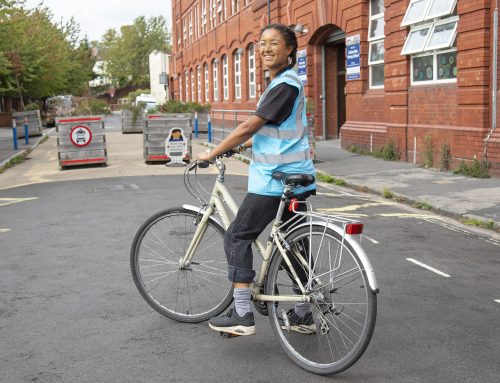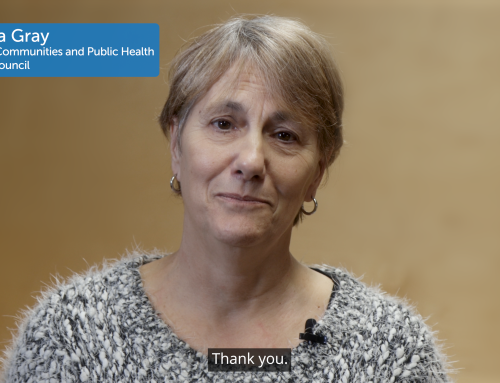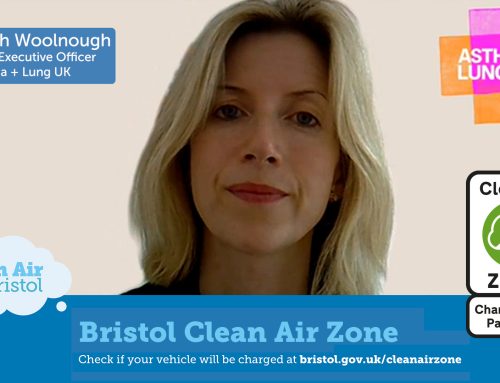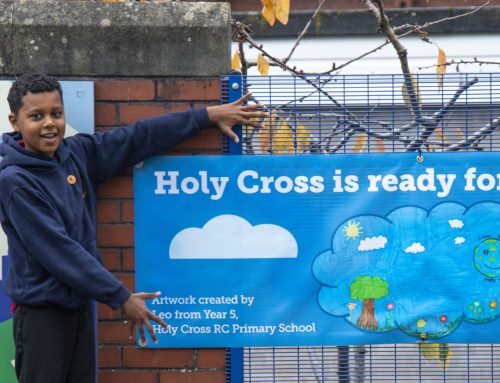This World Health Day 2022, led by the World Health Organisation, highlights the need for urgent global action to keep both people and the planet healthy. This means everyone doing their bit to provide cleaner air, water and food so we can all have a healthier future.
Here in Bristol, the work has already started. We have achieved Gold Sustainable Food City status and a new One City Food Equality Strategy is to be published soon. There will also be a pilot Liveable Neighbourhood in east Bristol providing safe, healthy, inclusive, and attractive places with clean air, as well as access to better quality green spaces.
To tackle air pollution, we are introducing a Clean Air Zone in late summer to reduce our nitrogen dioxide (NO2) levels to within the legal levels set by government. This too will have wide reaching benefits to people’s health and wellbeing.
In the UK, it is estimated that air pollution contributes to around 36,000 deaths per year. In Bristol, exposure to NO2 and fine particulate matter contributes to 300 of those deaths. There are also several other respiratory conditions caused by high levels of air pollution that would be helped by improving our air quality and reducing the number of older, more polluting vehicles on the road.
NO2 pollution can aggravate respiratory diseases, particularly asthma. According to the Committee on the Medical Effects of Air Pollutants, even short-term exposure to NO2, particularly at high concentrations, can cause respiratory irritants such as coughs, production of mucus and shortness of breath.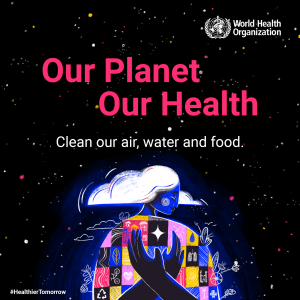
The boundaries of the Clean Air Zone cover a central area of the city that currently has higher levels of NO2. By supporting residents and businesses to upgrade to cleaner vehicles, as well as using sustainable forms of transport such as the bus, train, bicycles and walking, we will see a positive effect on the air in the city. 71 per cent of vehicles are already compliant, and won’t be charged to enter the zone, but this number needs to rise to help make Bristol a fair, healthy and sustainable city.
Having the zone in place will help to reduce health inequalities and make Bristol a more pleasant place to live, visit and work in. It will also get us closer to our climate goal of reaching net zero by 2030.


